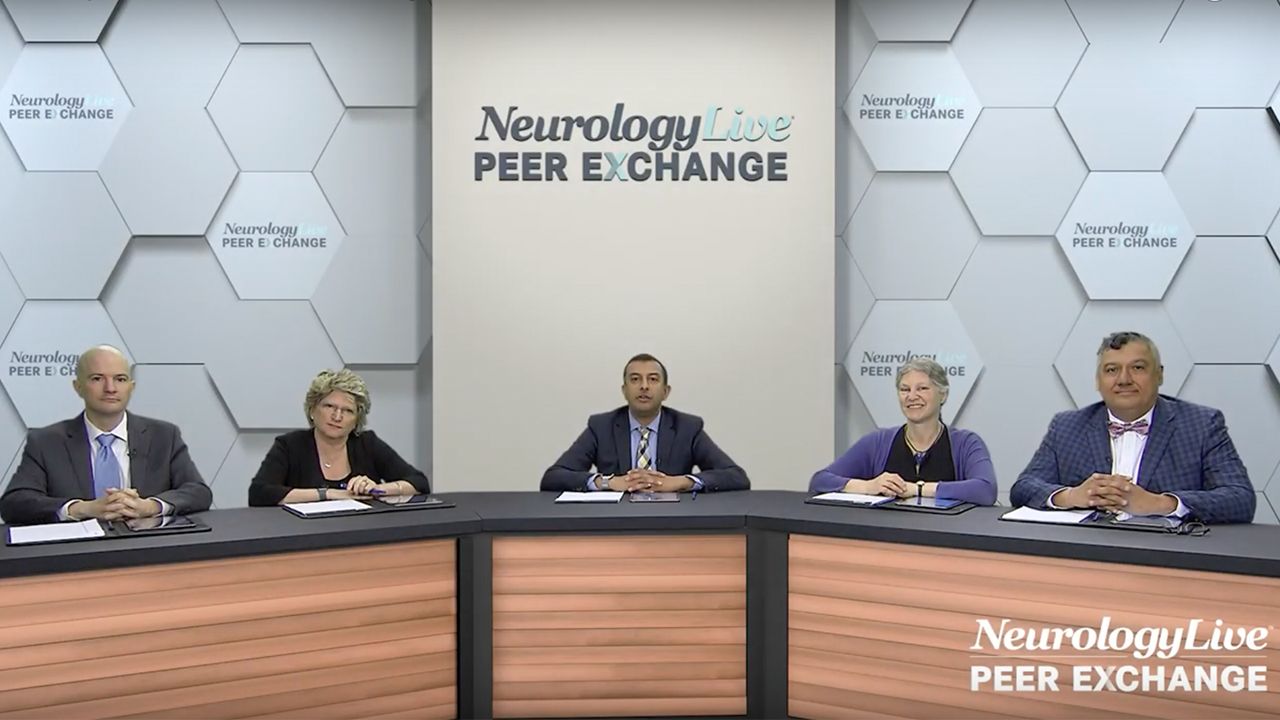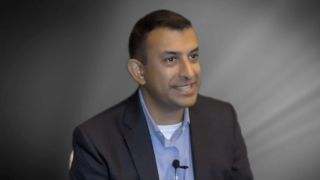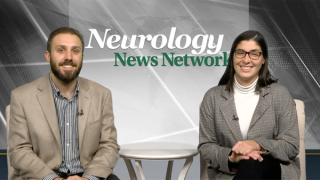
Epilepsy
Latest News
Latest Videos

CME Content
More News

Patients with drug-resistant seizures should have an epilepsy center evaluation to confirm the diagnosis and determine the epilepsy syndrome and possible candidacy for neurosurgery. Guidelines here.

The automated system detected epileptic seizures and psychogenic non‐epileptic seizures with a sensitivity of 72.7% and specificity of 100%. The positive and negative predictive values for PNES classification were 81.3% and 100%, respectively.

Nayzilam is now the first and only FDA-approved nasal option for treating seizure clusters.

Patients with epilepsy often seek CAM therapies-with or without the recommendations or explicit approval of their neurologist.
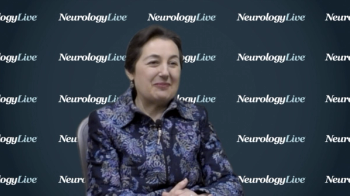
The director of Translational Research and Epilepsy Clinical Trials at NYU Langone spoke about the nuance involved in diagnosing epilepsy and the misconceptions about how seizures present in the majority of patients.
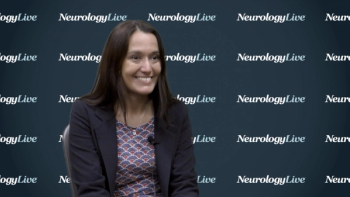
The professor of neurology at the Icahn School of Medicine at Mount Sinai spoke about what’s currently known about medical marijuana’s use, how CBD fits into the conversation, and what research still needs to be done.

The medical director of neurology and co-director of the Jane and John Justin Neurosciences Center at Cook Children’s Hospital spoke about what CBD has shown in clinical trials and how it could make an impact outside of Lennox-Gastaut and Dravet syndromes.

The professor of neurology and director of translational research and epilepsy clinical trials at NYU Langone spoke about the results of a phase 2b open-label feasibility study of this novel delivery method for abortive seizure treatment in patients with epilepsy.

Results from the phase 2b study in 8 patients with predictable seizure patterns demonstrated good feasibility, tolerability, and efficacy, with a 62.5% responder rate.

In patients with Dravet syndrome who had discontinued an average of 4 antiepileptics drugs, while taking a mean of 3, cannabidiol reduced the incidence of seizures almost in half in doses of both 10 mg/kg and 20 mg/kg per day.

The Assistant Professor at the University of Alabama School of Medicine spoke about the results of a recent cohort study that found that a shorter, yet deeper therapeutic coma may be safer and more effective than the currently recommended therapeutic coma duration for refractory status epilepticus.
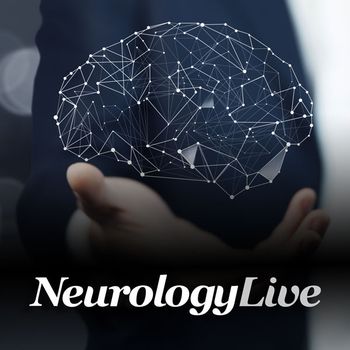
Responses from 1300 physicians suggest that increasing patient load and adding ancillary services may be the key to increasing annual income.

Neurology News Network for the week of April 20, 2019.
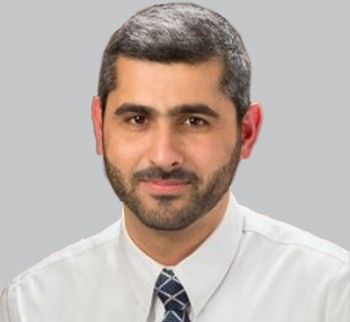
Exome-based screenings may allow for maximum diagnostic yield in an increasingly crowded field of genetic tests.
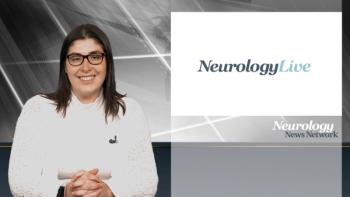
Neurology News Network for the week of April 13, 2019.

A shorter yet deeper therapeutic coma for treatment of refractory status epilepticus may be more effective and safer than the currently recommended therapeutic coma duration of 24 to 48 hours.

The FDA cited 2 deficiencies in the NDA: certain nonclinical studies were not included to allow for assessment of chronic administration of fenfluramine; and an incorrect version of the clinical data was submitted.
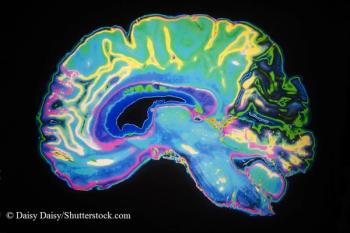
Repeated brain MRI scans show four small gray matter lesions. What’s in your differential?








